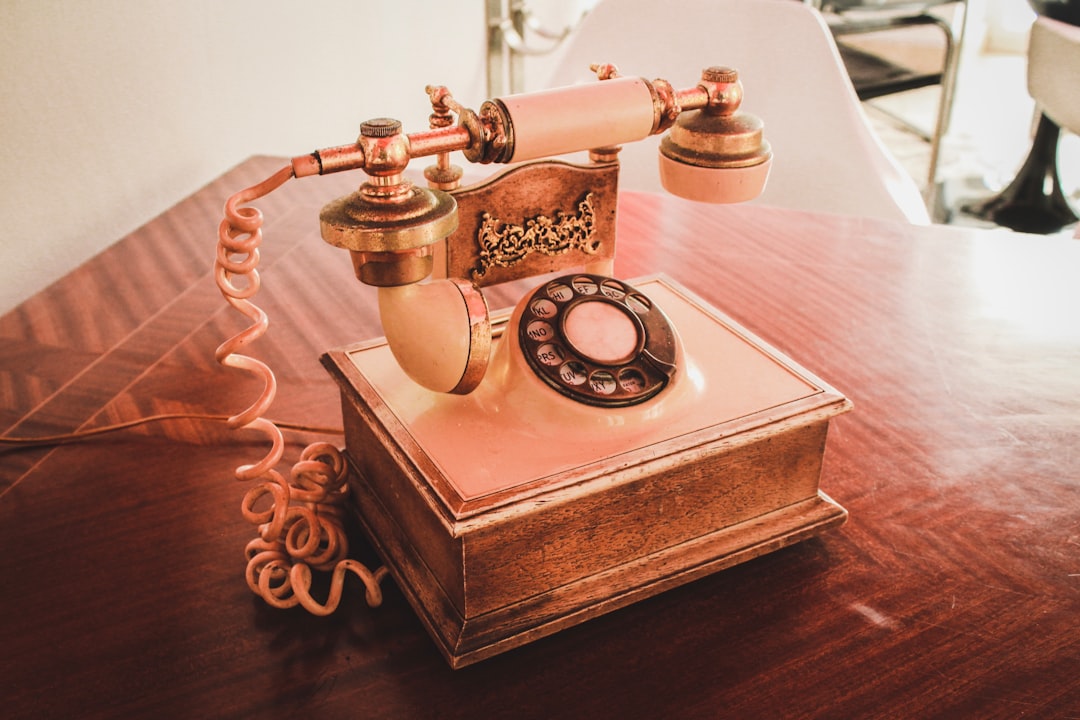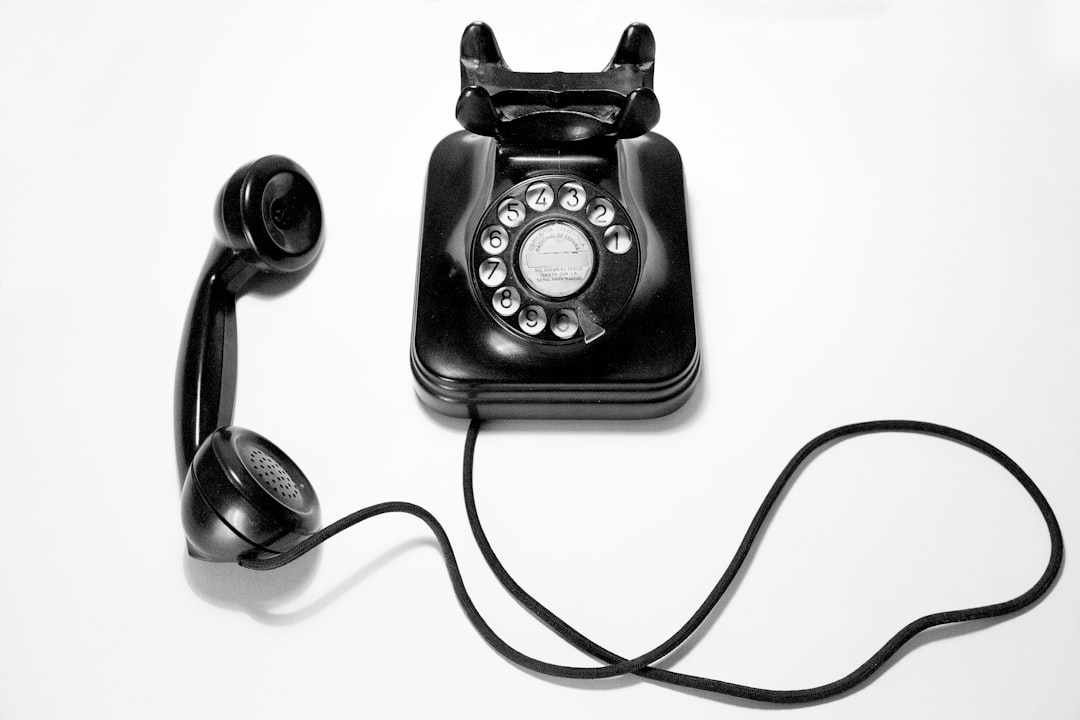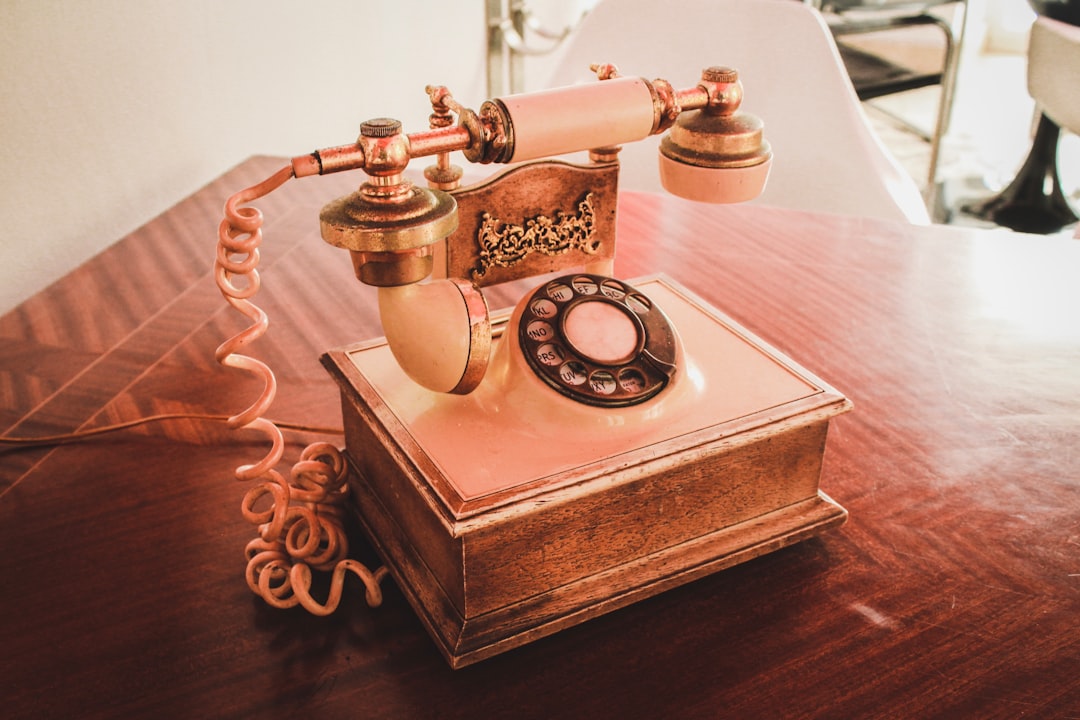In Indiana, "Do Not Call" laws protect consumers from unwanted telemarketing. Wedding industry professionals in Linton should consult legal experts specializing in these regulations to ensure compliance with rules regarding consent, registration, scripting, and opt-out procedures. Non-compliance results in penalties and damages to reputation; adherence fosters trust and protects rights. Vendors must respect privacy rights and obtain informed consent, potentially seeking guidance from a "Do Not Call" lawyer or attorney in Indiana. Effective compliance involves managing customer consent records and navigating unique legal requirements.
In Indiana, Do Not Call Laws protect consumers from unwanted telemarketing calls. For wedding industry vendors in Linton, understanding these regulations is crucial to avoid legal pitfalls and maintain client relationships. This article explores the impact of Do Not Call Laws on local businesses, delving into rights and responsibilities while offering practical strategies for compliance. Vendors should familiarize themselves with Indiana’s legal landscape, especially when seeking assistance from a Do not call lawyer or attorney in Indiana, to ensure they stay within regulatory boundaries and protect their interests.
Understanding Do Not Call Laws in Indiana: A Legal Perspective

In Indiana, “Do Not Call” laws are designed to protect consumers from unwanted telemarketing calls and messages. These laws are enforced by the Federal Trade Commission (FTC) and state attorneys general, with penalties for non-compliance. Vendors in Linton, like anywhere else in Indiana, need to be aware of these regulations to ensure they’re operating within legal boundaries. Specifically, businesses engaging in telemarketing activities must obtain explicit consent from potential clients before contacting them.
Hiring a lawyer specializing in Do Not Call laws in Indiana, or consulting with a local law firm experienced in this area, is advisable for wedding industry vendors. These professionals can guide vendors on how to navigate the legal requirements, including proper registration, call scripting, and opt-out procedures. Compliance not only avoids legal penalties but also fosters trust and respect among potential customers, ensuring a positive reputation for Linton’s wedding industry.
Impact on Wedding Industry Vendors: Rights and Responsibilities

The implementation of “Do Not Call” laws, particularly in Indiana, significantly impacts the wedding industry by reshaping vendor-client interactions. These laws grant consumers greater control over unwanted phone calls, including marketing and solicitation from vendors like photographers, florists, and caterers. For businesses in Linton and across Indiana, understanding these regulations is crucial to avoid legal repercussions and maintain a positive relationship with clients.
Vendors must respect the privacy rights of their customers, ensuring they obtain informed consent before contacting them. A “Do Not Call” lawyer or attorney in Indiana can provide guidance on navigating this landscape, helping vendors establish policies that comply with state laws. By adhering to these rules, wedding industry professionals can foster trust and ensure their clients’ peace of mind while also safeguarding their own rights and responsibilities under the law.
Strategies for Compliance: Navigating the Do Not Call Registry

In an era where consumer privacy is paramount, the Do Not Call laws in Indiana have become a crucial aspect of business compliance for wedding industry vendors. These regulations, overseen by the Federal Trade Commission (FTC), aim to protect consumers from unwanted telemarketing calls. For lawyers, attorneys, and law firms specializing in do not call issues or catering to the wedding industry in Linton, Indiana, understanding and adhering to these laws are essential.
Vendors should implement effective strategies to ensure compliance, starting with registering their business and marketing contacts on the appropriate Do Not Call Registry. This federal database allows consumers to opt-out of receiving promotional calls. Wedding industry professionals must also be mindful of state-specific regulations, as Indiana has its own Do Not Call list. Furthermore, employing robust data management practices is vital; regularly updating customer consent records and ensuring marketing efforts only target those who have given explicit permission will help maintain compliance. Engaging the services of a do not call lawyer or attorney in Indiana can provide specialized guidance tailored to these unique legal requirements.






